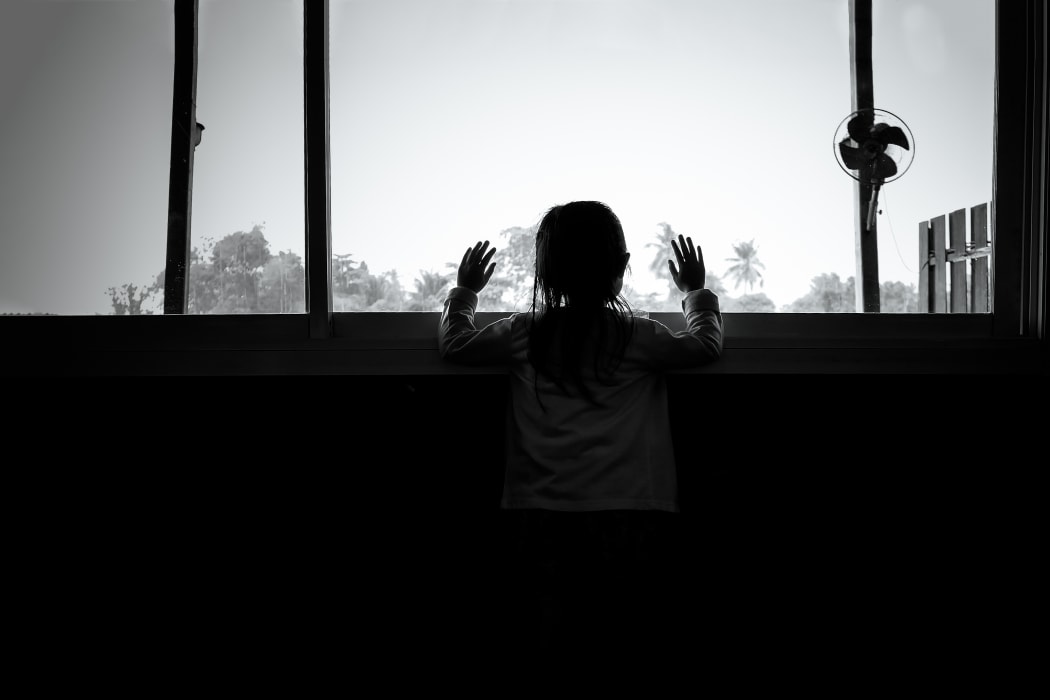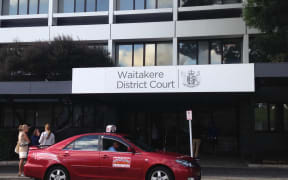Placing children and young people in state care can have disastrous consequences and greatly increase their risk of becoming chronic offenders, says the Chief District Court Judge.

Photo: 123RF
Judge Jan-Marie Doogue made her comments to lawyers at the Law Foundation's Ethel Benjamin Commemorative Address in Dunedin today, while highlighting the risks of placing children and young people in state care.
She said if a family court judge considered a child or young person was in need of care and protection, the child or young person could be placed in appropriate care, most commonly in the care of the chief executive of Oranga Tamariki.
Read the full text of Judge Jan-Marie Doogue's speech here.
As of June this year, a record 6300 children were in state care.
"The figures tell us that our most vulnerable children and young people are being put into state care faster than ever before," she said.
Yet despite needing a sense of stability and normalcy, many do not receive it. Between 2013 and 2017, 40 percent of children in state care had at least three caregivers.
This is in spite of research suggesting that a secure placement, coupled with a continuous and quality relationship with a foster parent, can avert the onset of criminal behaviour.
And the prognosis isn't good. Those with a history in state care are more likely to be chronic and persistent offenders as adults.
They are 15 times more likely than their peers to have a record with the Department of Corrections. Seventeen percent of all prisoners, and 13 percent of all people serving a community-based sentence, had a care and protection event by the time they were 17-years-old.
It is even worse for young offenders in prison. More than four out of five prisoners under the age of 20 have been in state care. Māori make up two-thirds of children and young people in state care.
"What is clear to Family Court Judges is that state care can have disastrous implications on a child or young person's development and can greatly increase the risk of future offending," Judge Jan-Marie Doogue said.
She suggested one approach which is used in numerous overseas jurisdictions and involves giving district court judges the same range of tools available to the youth court when dealing with young adults.
Youth Justice Facilities
Chief Judge Doogue also touched on the problems many young people face when they are referred to youth justice facilities.
"A staggering two-thirds of young people in youth justice residences meet the criteria for substance abuse disorder. Even more are reported to be heavy drinkers. These figures are worse for Māori who, on average, start using alcohol and drugs from an earlier age."
Then there are mental health issues.
"Between 50-75 percent of youth involved in the justice system meet diagnostic criteria for at least one mental health disorder. Those in youth justice residences are 10 times more likely to have a mental health disorder than youth generally. As a recent study concluded - rather chillingly - in New Zealand youth justice residences, 'some form of psychological need was the rule rather than the exception'," she said.
Legislative Reform
From July, the Oranga Tamariki Act will include the tikanga Māori concepts of mana tamaiti, whakapapa and whanaungatanga. It will establish as principles the need to consider these concepts at the heart of any decision made in respect of a child or young person, as well as the need to take a holistic approach in any decision-making.
In light of this, Judge Doogue said it was crucial that judges were culturally competent. She said they would need to understand the key tikanga Māori concepts, as well as having ongoing education on tikanga and te reo Māori.
"Our judges will need to be able to both understand the disadvantage that those children and young persons who come into the Court have faced, as well as recognise how their whānau, hapū and iwi can be part of the solution," she said.
Chief Judge Doogue said the Family Court will need to make greater use of cultural reports and lay advocates, which provide judges with pertinent information and help find a suitable solution.
She said it was also important whānau and social worker engagement at Family Court Conferences and Mediation Conferences will also help to craft a plan in the best interests of the child or young person.
Chief Judge Doogue said these changes would require Family Court judges to change the way things are done, including a way care and protection matters are considered.
"Currently, some reviews are done in Chambers, on the papers. It is rare for Judges to have family and whanau in the courtroom. This is because the final decision comes after the mandatory Family Group Conference where all parties are present. However, if we stay true to the Act's expanded principles, it may be that care and protection reviews simply need to be done kanohi ki te kanohi - face to face."
That would give whānau, hapū and iwi a greater opportunity to be heard, which carried immense cultural and moral value, she said.
Jan-Marie Doogue told the audience more money needed to be spent on the Family Court's care and protection matters, which account for 15 percent of the court's work.





